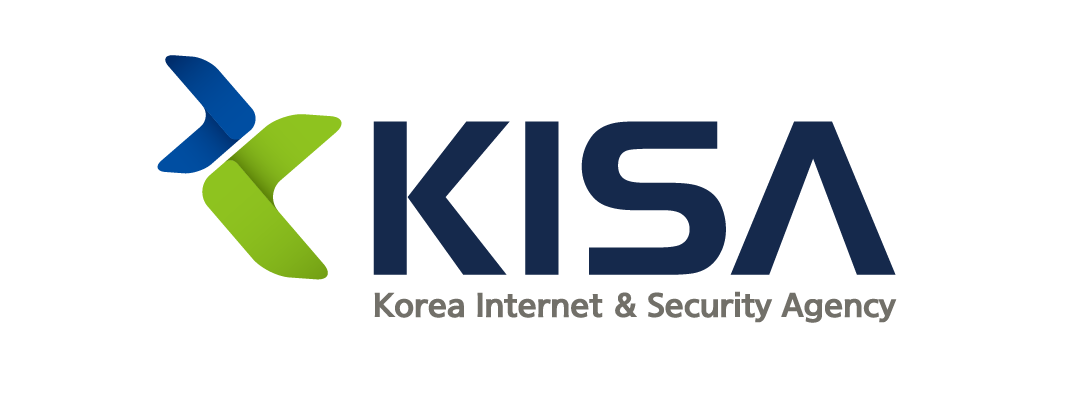
Navigating KISA Regulations for a Successful E-commerce Launch in South Korea
Introduction
South Korea is known for its impressive Internet infrastructure, rapid technology adoption, and a population of avid online shoppers. As global brands eye the lucrative South Korean market, it is essential to be aware of the regulations set forth by the Korean Internet and Security Agency (KISA) when launching an e-commerce store in the country. In this blog post, we will explore the role of KISA and provide guidance for global brands to ensure a smooth e-commerce launch in South Korea.
KISA: Ensuring a Secure and Stable Online Environment
Established in 2009, KISA is a government-affiliated organization responsible for managing Internet security and fostering a safe, reliable online environment in South Korea (KISA, 2021). It oversees various aspects of the Internet, including data protection, cybersecurity, privacy, and e-commerce regulations. KISA also aims to enhance the global competitiveness of Korea’s ICT (Information and Communications Technology) industry and create a favorable business environment for e-commerce operators (KISA, 2021).
Key KISA Regulations and Guidelines for E-commerce
Personal Information Protection Act (PIPA)
One of the main regulations e-commerce businesses need to adhere to is the Personal Information Protection Act (PIPA), which governs the collection, use, and disclosure of personal data (Ministry of the Interior and Safety, 2011). It is crucial for e-commerce businesses to comply with PIPA by implementing proper data protection measures, obtaining consent from users, and ensuring transparency in their data handling practices (Lee & Park, 2019).
Act on Consumer Protection in Electronic Commerce Transactions
The Act on Consumer Protection in Electronic Commerce Transactions requires e-commerce businesses to provide accurate information about their products and services, transparent pricing and shipping policies, and a clear refund and return policy (Ministry of Government Legislation, 2021). This ensures that customers have a secure and trustworthy online shopping experience.
Certification and Authentication
E-commerce businesses must comply with the Electronic Signature Act, which requires digital signatures and certificates for secure transactions (Ministry of Government Legislation, 2021). KISA operates the Online Certificate Authority (CA) system to issue digital certificates to businesses and individuals in South Korea (KISA, 2021).
Localization of E-commerce Platforms
KISA emphasizes the importance of localization for global e-commerce brands to better cater to South Korean customers. This includes offering a Korean language interface, local payment methods, and customer support in the local language (KISA, 2021).
Conclusion
Global brands looking to launch an e-commerce store in South Korea must be aware of KISA regulations and ensure compliance to foster trust and build a solid customer base. By adhering to PIPA, the Act on Consumer Protection in Electronic Commerce Transactions, the Electronic Signature Act, and localization best practices, brands can create a seamless and secure online shopping experience for South Korean consumers.
Ready to launch your e-commerce store in South Korea and need expert guidance to ensure compliance with KISA regulations? At SeoulWeb Design, we specialize in creating localized, secure, and user-friendly e-commerce platforms tailored to the South Korean market. Contact us today for a free consultation and let our team of experienced professionals help you navigate KISA requirements and achieve success in the vibrant South Korean e-commerce landscape,.
References
KISA. (2021). Introduction to KISA. Retrieved from https://www.kisa.or.kr/eng/main.jsp
Lee, J., & Park, S. (2019). Personal Information Protection Act (PIPA) of South Korea: A Comprehensive Data Privacy Law Framework. Privacy Laws & Business International Report, 161, 20-22.
Ministry of Government Legislation. (2021). Act on Consumer Protection in Electronic Commerce Transactions. Retrieved from https://www.law.go.kr/eng/engLsSc.do?menuId=1&query=Act%20on%20Consumer%20Protection%20in%20Electronic%20Commerce%20Transactions#liBgcolor1
Ministry of the Interior and Safety. (2011). Personal Information Protection Act.

